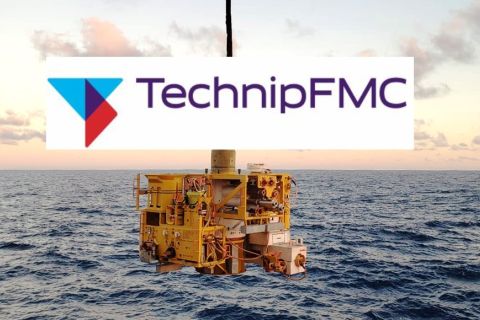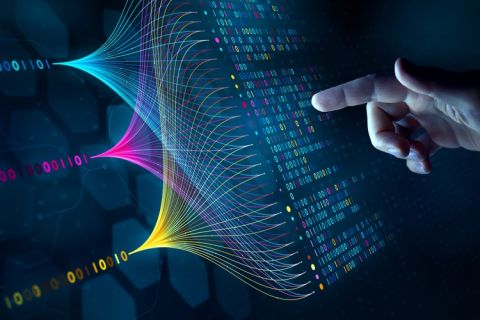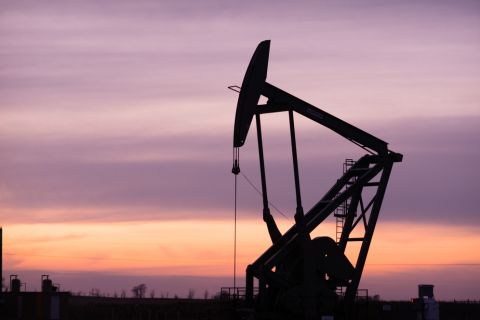[Editor's note: This story originally appeared in the December 2019 edition of E&P. Subscribe to the magazine here.]
Perhaps as much as any other industry, the energy industry values and applies its intrinsic knowledge in its modern applications. The wealth of knowledge and experience it has collectively accumulated over the course of its 160 year history is vitally important to its processes today. That knowledge has, of course, been built by the men and women who have worked in the industry. But modern technological advances, specifically, artificial intelligence (AI), are changing the way knowledge and experience are built and applied.
One of the most significant barriers to widespread adoption of technologies like AI in the oil and gas industry is that many believe it isn’t capable of replacing the inherent knowledge its people possess, and that it can’t make the same type of context-based decisions that companies and people with innumerable years of experience often can.
Always keen to push the envelope on what’s possible—and what’s possibly accepted—the tech industry is recognizing the value in applying human knowledge to AI. Beyond Limits, a company that specializes in applying AI technologies to the energy and manufacturing industries, has developed what it calls “symbolic AI.”
“Symbolic AI codifies expert knowledge, or human decision-making,” said Ashley Weston, marketing events producer for Beyond Limits. “We have a team of data scientists that put algorithms behind the AI, and then we’ll combine that with the data.”
Weston further explained symbolic AI as taking into account what a human would decide in a particular situation. The concept, she said, was applied at NASA, where the company’s CEO worked in the jet propulsion laboratory.
“If the human can do things without having historical data, then we can infer and figure things out,” Weston said. “NASA put that knowledge base into a lot of their unmanned space program missions. We are taking the same approach. When you think of the subsurface, you don’t really know what’s down there.”
In Beyond Limits’ case, the company employs a team of data scientists who were once reservoir engineers, for example, to discuss with their customers how they would handle certain situations and what decisions they would make.
“We’ll write algorithms behind that and add those algorithms to the AI system,” Weston explained.
Beyond Limits sees this type of technology as the bleeding edge of digitalization in the oil and gas space, even saying machine learning has “been done.” In an industry that is historically hesitant to adopt new technologies and places a high value on its internal knowledge and experience, applying a human component to innovations such as AI could be appealing. So too could a technology that removes doubt from decision-making.
“I think explainability is key,” Weston said. “With the amount of money going into all of these reservoirs, you have to be able to trust your decision.”
Recommended Reading
TechnipFMC Eyes $30B in Subsea Orders by 2025
2024-02-23 - TechnipFMC is capitalizing on an industry shift in spending to offshore projects from land projects.
NOV's AI, Edge Offerings Find Traction—Despite Crowded Field
2024-02-02 - NOV’s CEO Clay Williams is bullish on the company’s digital future, highlighting value-driven adoption of tech by customers.
Some Payne, But Mostly Gain for H&P in Q4 2023
2024-01-31 - Helmerich & Payne’s revenue grew internationally and in North America but declined in the Gulf of Mexico compared to the previous quarter.
Hess Corp. Boosts Bakken Output, Drilling Ahead of Chevron Merger
2024-01-31 - Hess Corp. increased its drilling activity and output from the Bakken play of North Dakota during the fourth quarter, the E&P reported in its latest earnings.
BP Pursues ‘25-by-‘25’ Target to Amp Up LNG Production
2024-02-15 - BP wants to boost its LNG portfolio to 25 mtpa by 2025 under a plan dubbed “25-by-25,” upping its portfolio by 9% compared to 2023, CEO Murray Auchincloss said during the company’s webcast with analysts.





